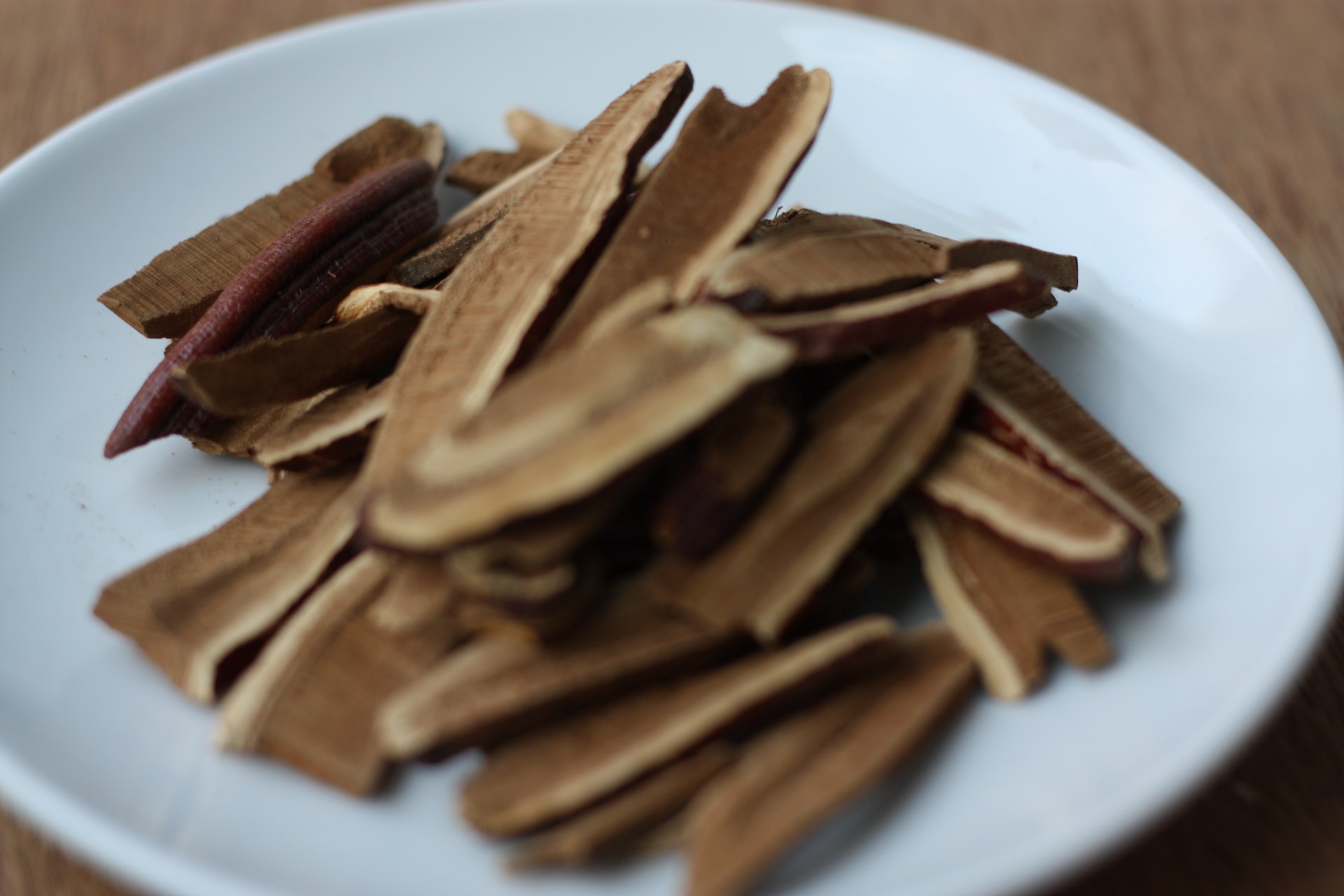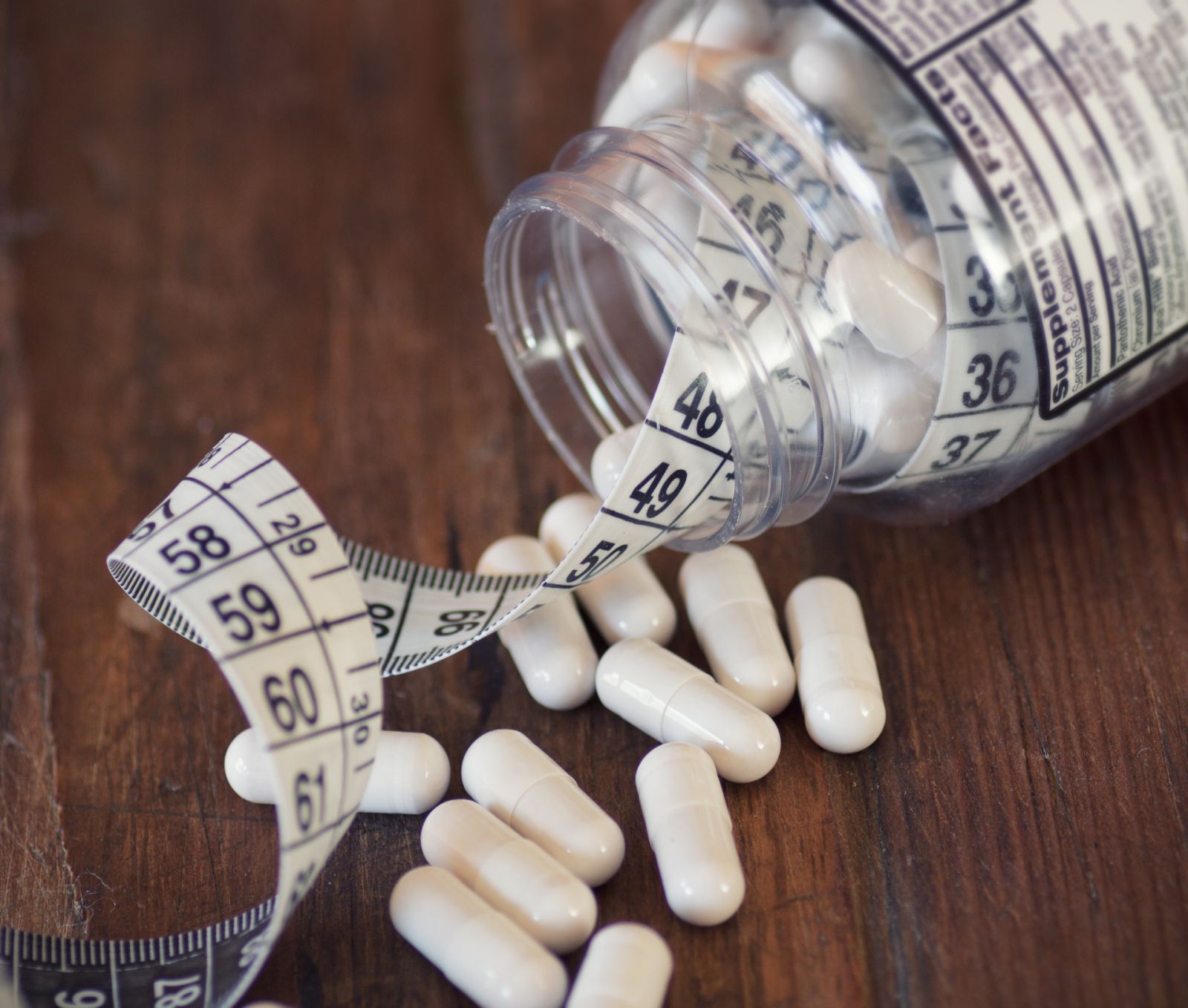
Reishi mushroom is a fungus used medicinally in Traditional Chinese Medicine. It is used for its tonic effect, easier sleep, improved immunity, support of brain function and stress reduction.
- Health properties of the Reishi mushroom
- How to choose a good Reishi supplement?
- Are there any contraindications to using Reishi?
Other names for the Reishi mushroom include Ganoderma lucidum, Ling Zhi, Yellow lacquerwort. Less formally, it is called the mushroom of immortality. It's hard to imagine a more inviting name. There is a grain of truth in this, as Reishi's unique package of properties strongly promotes improved overall health, covering the health aspects that are key to prolonging life and staying vital for as long as possible. In ancient writings, references to the medical use of Reishi mushroom date back 2,000 years.
Health properties of the Reishi mushroom
About 400 different bioactive compounds are responsible for Reishi ' s properties, including triterpenoids, polysaccharides, nucleotides, sterols, steroids, fatty acids, proteins/peptides and trace elements.
Reishi's strongest advantage is its powerful effect on the immune system. As a result, its range of uses extends from daily supplementation to reduce the risk of colds, to use in support of cancer treatment by Asian health care professionals. Scientific research is favorable to such use and reports, among other things, a better response to chemotherapy and radiation therapy when Reishi is taken concurrently. Cancer patients have reported an overall improved quality of life with supplementation with the mushroom. Remember, however, that if you have cancer, additional supplementation should always be consulted with your doctor first, and Reishi alone should not replace treatment!
Due to its regulation of numerous biological functions, Reishi is considered an adaptogen. This means that it helps a person adapt to stressful conditions. The use of Reishi preparations is popular in the evening, as it is credited with having an overall calming effect. Many people praise it for improving sleep quality.
Reishi has a reputation as a supplement that promotes longevity mainly due to its control of inflammation, but not only. This botanical can also promote regeneration of skin tissue and improve its condition. For this reason, it is also of interest to the cosmetic industry.
Overall, a number of pharmacological properties are attributed to Reishi and its constituents in the literature, including: immunomodulation, antiatherosclerotic, anti-inflammatory, analgesic, chemopreventive, anti-cancer, chemoprotective, radio-protective, sleep-promoting, antimicrobial, antiviral (including HIV), hypolipidemic, antifibrotic, hepatoprotective, antidiabetic, anti-androgenic, antiangiogenic, antipruritic, antioxidant, antiaging, hypoglycemic, estrogenic, and anti-ulcer. A substantial list, right?
How to choose a good Reishi supplement?
First, choose an extract rather than a powdered mushroom. Extracts have a much higher concentration of biologically active compounds. With them, you usually only need to take up to 3 capsules, while with a non-extracted mushroom it would be many times more. Also, when you prefer a powdered supplement instead of capsules, an extract will be better. Extracts dissolve very well in water, unlike powdered mushroom, which creates a slurry and a lot of undissolved slurry when added to a beverage.
Second, look at standardization. It can be a percentage standardization for polysaccharides or beta-glucans. Then it is good to choose a minimum of 30%. It can also be an extract with an indicated DER (drug extraction ratio). Then the higher the DER value, the better, that is, for example, a DER of 10:1 is better than a DER of 4:1. This ratio indicates how concentrated the extract has been. Thus, 1 gram of DER10:1 extract is equivalent to 10 grams of powdered mushroom.
Third, check if and what kind of supplement has additives and if you trust the manufacturer. However, these tips are universal for almost all supplements.
Are there any contraindications to using Reishi?
Most likely, the only contraindication may be certain immune disorders, such as diseases in the autoimmune category. With such diseases, sometimes we do not want to over-activate the immune system, and Reishi does this very efficiently. In addition, it is a well-tolerated supplement and has no specific side effects that are often noticed. In studies, there have only been mentions of mild nausea or sleep problems, which has affected patients with serious illnesses.
Sources:
- Jin X, Ruiz Beguerie J, Sze DM, Chan GC. Ganoderma lucidum (Reishi mushroom) for cancer treatment. Cochrane Database Syst Rev. 2016 Apr 5;4(4):CD007731. doi: 10.1002/14651858.CD007731.pub3. PMID: 27045603; PMCID: PMC6353236.
- Sanodiya BS, Thakur GS, Baghel RK, Prasad GB, Bisen PS. Ganoderma lucidum: a potent pharmacological macrofungus. Curr Pharm Biotechnol. 2009 Dec;10(8):717-42. doi: 10.2174/138920109789978757. PMID: 19939212.
- Abate M, Pepe G, Randino R, Pisanti S, Basilicata MG, Covelli V, Bifulco M, Cabri W, D'Ursi AM, Campiglia P, Rodriquez M. Ganoderma lucidum Ethanol Extracts Enhance Re-Epithelialization and Prevent Keratinocytes from Free-Radical Injury. Pharmaceuticals (Basel). 2020 Aug 29;13(9):224. doi: 10.3390/ph13090224. PMID: 32872510; PMCID: PMC7557611.
 ⮜ Previous article
⮜ Previous article
6 best fat burners
 Next article ⮞
Next article ⮞